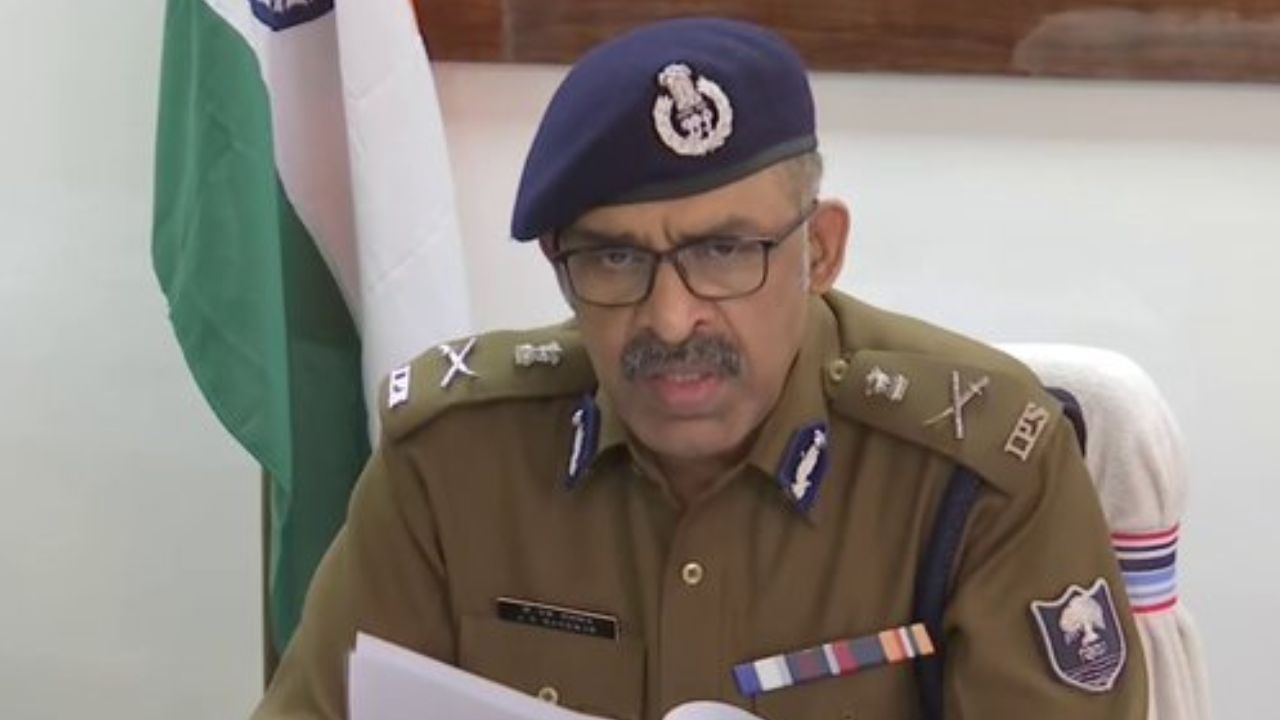Patna,05 August: Chief Minister Nitish Kumar’s zero-tolerance stance on corruption has sent shockwaves among corrupt public servants. On Tuesday, Director General of the Vigilance Investigation Bureau, Jitendra Singh Gangwar, honoured officials of the bureau, public prosecutors, and whistle-blowers whose complaints led to successful action against corrupt officials.
The Second Vigilance Honour Ceremony and Workshop was organised at the bureau auditorium on Tuesday. Gangwar revealed that in the first seven months of 2025 alone, 16 corrupt public servants have been convicted by the courts — a record figure. From January to June, 12 officials were punished, with five months still remaining in the year. He emphasised that this achievement was made possible through coordination between vigilance officers, complainants, and public prosecutors.
Gangwar further noted that in just the first half of 2025, 45 officials were caught red-handed while accepting bribes, compared to only 12 arrests in eight cases during all of 2024.
Whistle-blowers Aftab Alam (from Kaimur) and Permanand Kumar (from Nalanda), who were honoured during the event, received special praise from Gangwar for their courage and determination. They were presented with green potted plants and certificates of appreciation. Also present were senior officials including IG Garima Malik, DIG Naveen Kumar Jha, and Mritunjay Kumar Chaudhary.
Those honoured included complainants who exposed bribery, officers who nabbed the culprits red-handed, investigators, verifiers, and members of the vigilance teams. Gangwar also announced that retired vigilance officers called to testify in court will now be entitled to a two-day daily allowance and travel expenses. He added that the bureau is not only reviewing cases resulting in convictions but is also studying cases where the accused were acquitted, to understand and rectify procedural shortcomings.
IG Garima Malik stressed the vital role of complainants in exposing corruption, followed by the collaborative efforts of field teams, verifiers, investigators, and public prosecutors in securing convictions.
